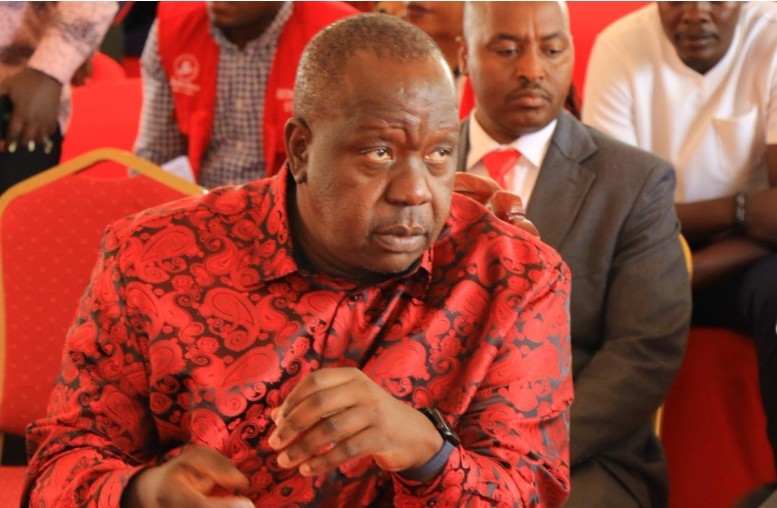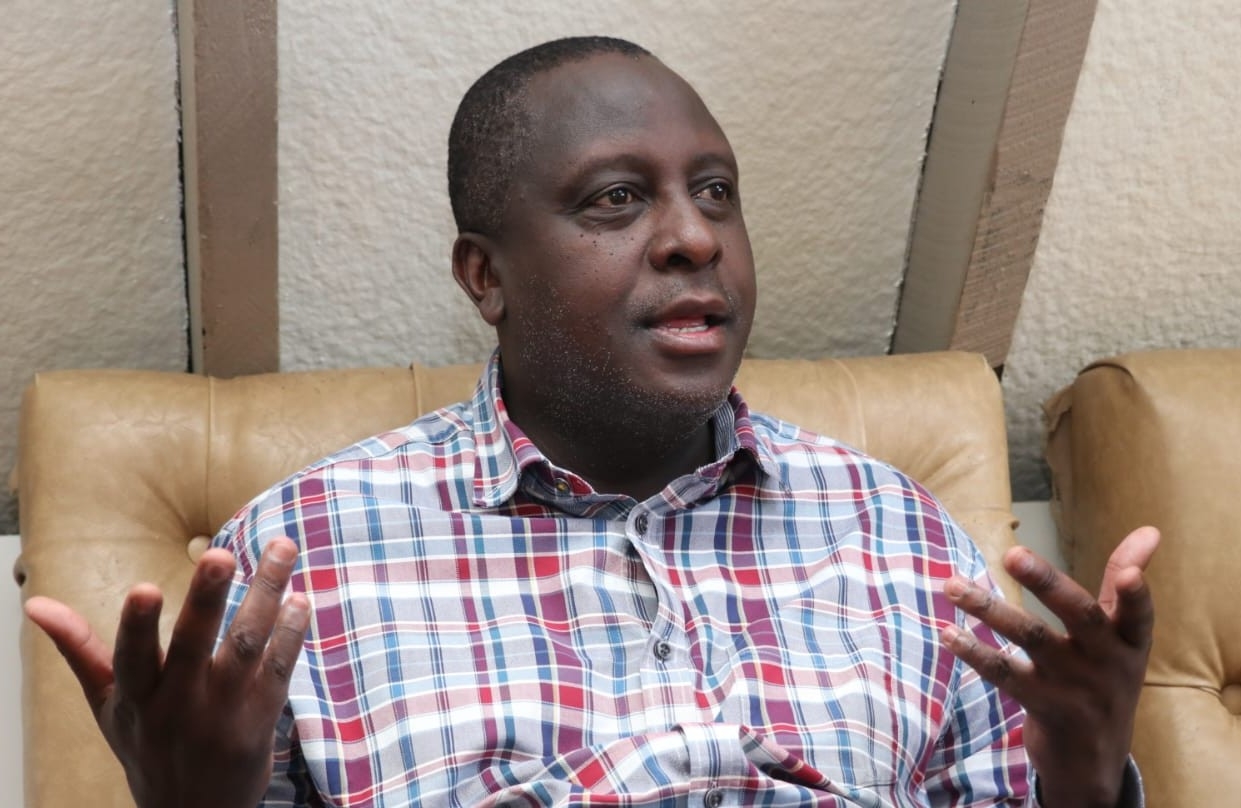The anticipation surrounding the much-discussed reshuffling of principal secretaries may not occur any time soon.
Highly placed sources within the presidency told the Star President William Ruto has decided to first give time to the 'new' Cabinet to acclimate to their roles.
It is understood that the transitional period is essential for Ruto to assess the effectiveness of the CSs before considering any changes among the PSs.
Early last month, the head of state brought together the CSs and their PSs to get to know each other in a meeting held at State House.
During the meeting, Ruto directed them to avoid corruption, be efficient and prioritise programmes that will create jobs for the youth.
"I call on those selected to serve in the Cabinet to focus on the implementation of programmes and policies that will transform the lives of Kenyans and move the country forward," he said.
Ruto is also keen to avoid a situation that could spark regional competition for these coveted positions.
The reshuffling has been a hot topic of speculation for weeks since Ruto completed the formation of his broad-based Cabinet, with insiders and pundits alike eagerly awaiting his next action.
It was even rumoured the head of state was planning to sack underperforming PSs, also allocate some positions to the opposition side or reduce their number as a way of lowering the wage bill.
There are 51 PSs, who are the accounting officers in the ministries.
Ruto’s decision to delay the reshuffling is seen as a calculated one.
The CSs, recently appointed to oversee various ministries, are still finding their footing.
Ruto, well aware of the complexities involved in governmental administration appears to have recognised that a stable transition is crucial for effective governance.
"He has made it clear that the reshuffling of PSs will not happen until he is confident that the CSs have fully adjusted to their new roles," a source at State House said.
The success of the government's policies often hinges on the synergy between the CSs and their respective PSs.
By allowing time for this adjustment period, Ruto aims to ensure that when the reshuffling does occur, it is based on a thorough evaluation of performance and efficiency.
This approach will help in placing the right PSs in the right positions, hence ensuring overall effectiveness.
The postponement has also been attributed to the scramble for these slots among politicians and regions.
Each region is keen on securing a position to ensure their interests and agenda are adequately represented.
There has been competition that has led to intense lobbying and manoeuvring behind the scenes, with various factions trying to influence the final decision.
According to Bomet Senator Hillary Sigei, while the changes will come at some point, it will not be soon.
He argued that with the changes in Cabinet done to steady the ship, any other planned reshuffle is on the agenda now.
"The President wants the CSs to first sit down and understand their roles...so we cannot say the changes are in the offing," Sigei said.
Additionally, Ruto’s strategy to "wait and observe" before making changes adds another layer of complexity.
Once he decides to proceed with the reshuffling, he will be focused on efficiency and performance metrics, Sigei told the Star.
He is likely to assess which PSs have demonstrated exceptional performance and which roles might benefit from a fresh perspective.
This meticulous approach is to ensure the eventual reshuffle aligns with his goals to enhance efficiency.
Political analysts are of the view that the delay in reshuffling the PSs is more than just a procedural matter.
"It reflects a broader strategy aimed at strengthening the effectiveness of Kenya's governance," Edwin Langot said.
On reports of reducing the number of PSs as part of the austerity measures, Sigei was also quick to dismiss this, saying better service delivery can only be realised when there is enough competent people.
















